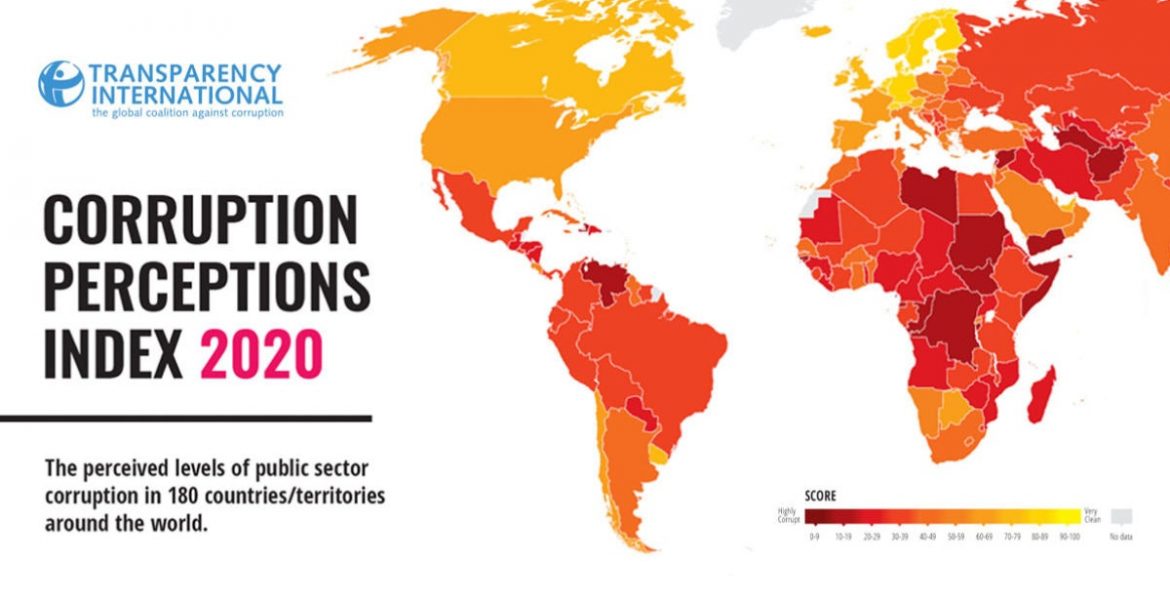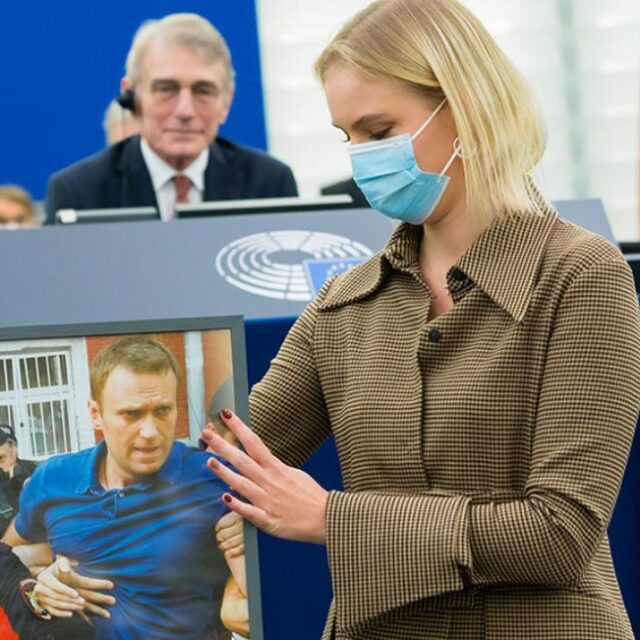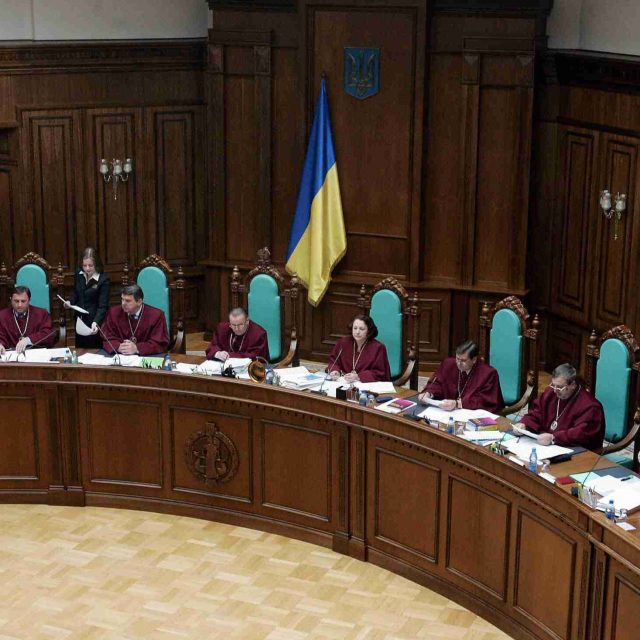Transparency International (TI) has published their annual Corruption Perceptions Index (CPI).
This index ranks countries based on their exposure to corruption in the public sector. Scores range from 0 (most corrupt) to 100 (least corrupt).
The CPI 2020 found that Hungary scored 44 in 2020 and ranked 69th overall – placing the country alongside Bulgaria and Romania as the lowest-ranking member states of the European Union (EU).
Key findings from the CPI 2020 include:
- Hungary’s CPI score has fallen 11 points since 2012 – the most notable decline in the EU and one of the sharpest drops on the global level.
- Among the Visegrád countries, the perception of Hungary’s anti-corruption performance has deteriorated the most since 2012.
- Hungary has been at the bottom of the EU rankings since 2017.
- Hungary’s 2020 budget was reorganized to address the pandemic, mostly benefiting those with close ties to the ruling party, rather than the most affected groups. The CPI notes that as the Covid-19 crisis emerged, the Orban government “adopted legal changes further centralising its power and weakening its control of public spending”.
- The report shows that EU development aid funds awarded between 2014-2020 were largely ineffective. Hungary will receive more EU funding than ever before in 2021-2027: around 40.6 billion EUR (minus payments), in comparison to the 32.1 billion EUR between 2014 and 2020.
- In 2019, 51% of public procurement contracts awarded to pro-government tenderers had no competition. This proportion increased in 2020.
- The World Bank’s Corruption Control Indicator shows that the Hungarian government’s ability to fight corruption has been weakening for a decade and half.




